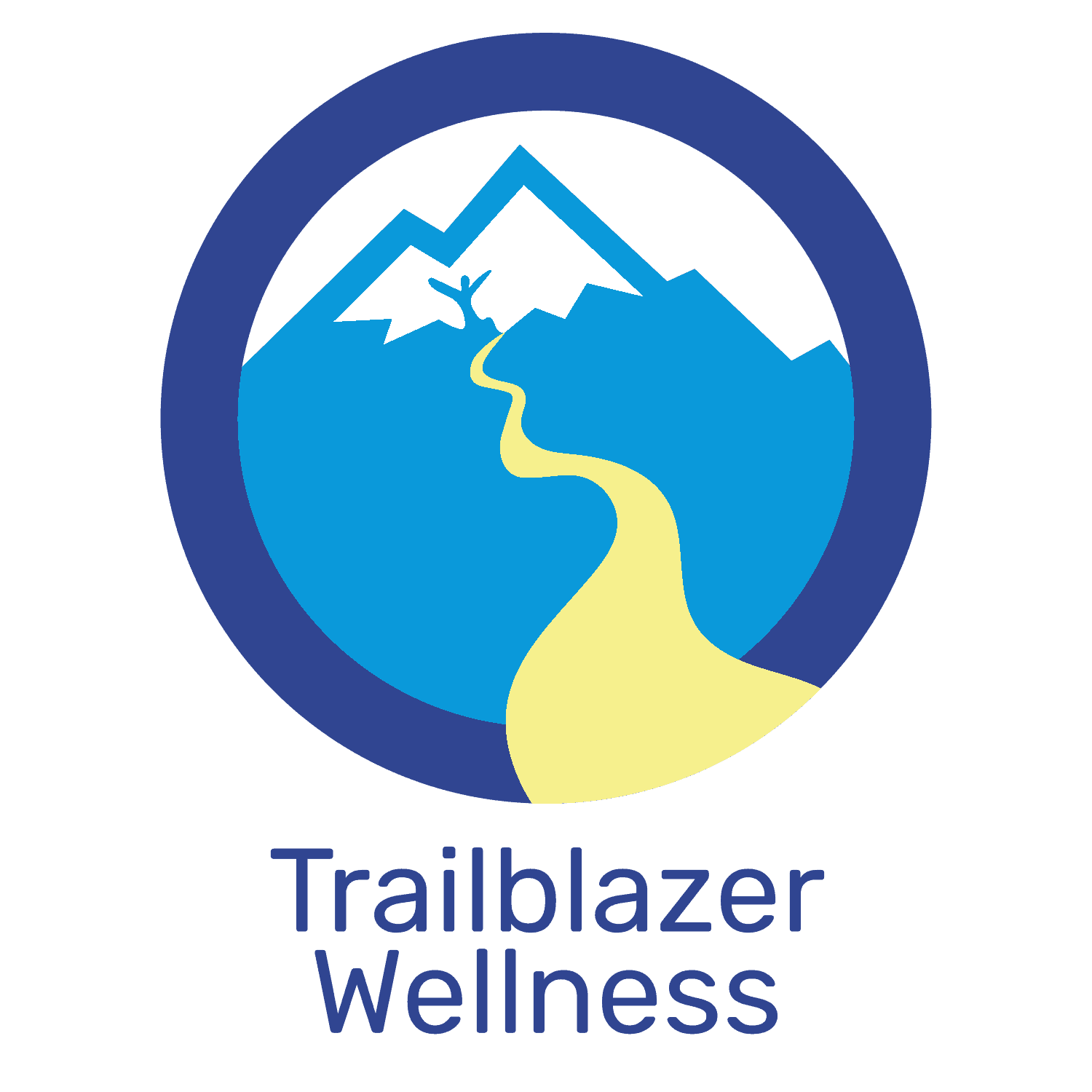Maybe it’s that dream trip to hike the Inca Trail to Machu Picchu. Or a “milestone birthday” goal to run a half marathon. Or a post-pandemic group cycling tour of Tuscany.
You’re excited about it, yet there’s a hint of hesitation.
Here’s how it usually goes for me. I see or hear about an interesting event or experience that includes a physical challenge that I’m not currently ready to do, but seems like I could if I focused on training for it. I get excited and sign up.
Then I figure out what I’ll need to do to get ready. I plan out how to increase my activity over the course of the weeks or months leading up to the event.
That’s the logical part. Then comes the mental training part. I usually spend at least some time in these phases:
- Hopeful and Enthusiastic
- Wondering What Was I Thinking
- Encouraged by Progress
- Guilty and Selfish
- Excited and Confident
The order varies and sometimes I go back and forth between phases multiple times. Here are some strategies for how to leverage the “good” phases and get additional support during the rough ones.
Hopeful and Enthusiastic
This is usually the first phase, right as I’m signing up for the event or experience. It sounds fun, I feel like I have enough time to get ready, and my ego is saying it’s a good idea to push myself a bit. The world is my oyster and I’m ready to dive in.
And this is why there are so many events and experiences marketed to us! The photos of happy people completing the event and sharing testimonials signal to us that we’re ultimately going to be rewarded with happiness, a sense of accomplishment, approval from others, or other desirable emotions.
So we decide to go for it. We tell family and friends, and they start cheering us on.
Wondering What I Was Thinking
This is when I encounter one of my mental blocks in training. Sometimes this hits me early, as I’m just starting to prepare, and sometimes closer to the event. Or multiple times!
Suddenly what I am supposed to do seems ridiculous and not achievable. My confidence goes in the toilet. I’m embarrassed that I ever thought I should sign up for it. I’m afraid I’ll make a fool of myself. Imposter syndrome takes over my brain.
That’s when it’s time to bring in reinforcements. For me, overcoming mental barriers in training includes reaching out to people who love and support me and believe in me. The ones who will remind me of what I’ve done in the past, reassure me that I’m doing what I should, and tell me it will all work out just fine.
For others, building mental strength may involve journaling, listening to an inspiring podcast, or meditating.
The sooner you can pull out of this, the better. If one technique for removing mental blocks doesn’t work, try another.
Encouraged by Progress
As I make progress on my plan, I usually start to gain confidence. The incremental steps add up, and I feel stronger and more capable.
During this phase, it’s helpful to look back to your starting point and recognize how far you’ve come. It can seem like you’re barely moving forward until you reflect on where you were before.
If you are the type of person who likes to visually see progress, create or buy something where you can track what you’ve done to keep up the momentum.
Guilty and Selfish
Preparing for a challenging event or experience takes time. Chances are you had a pretty full calendar before deciding to do this, so something will have to give.
My husband doesn’t usually sign up for the types of challenges I like to take on. He’s very supportive, though. Yet I still feel guilty and selfish about taking hours to prepare for “my thing.”
My heart goes out to those who have kids or other people who depend on them. I can only imagine how much more guilt shows up in light of those responsibilities.
Consider how you can reframe what you’re doing (or want to be doing), because there are always several ways to perceive a situation.
You’re investing time in improving yourself, physically and mentally. As one of my clients told me, “when I invest in myself, I can show up as a better person for those I love.”
You’re modeling the importance and benefits of taking care of yourself.
You’re giving others the opportunity to figure out ways to take care of themselves. You might be pleasantly surprised by how well your family does when they need to handle things in your absence. And that doesn’t mean you’re not needed – in fact, they’ll probably appreciate you even more!
Shifting your mental mindset to alternatives may not banish the guilt entirely, though hopefully enough to get you back on track.
Excited and Confident
These are the days when everything is going well – you’re in “the zone,” you’ve got this, and you can’t wait for the event or experience. With any luck, you’ll be in this phase as it happens! After all, that was part of the original draw to do this, right?
Take advantage of this phase whenever it comes around! Create something to remind yourself of the feeling. Take a photo, write in your journal or draw something that you can use as a touchstone during the tough times, either during this experience or for your next challenge.
Moving Through the Phases
As you move through the phases, give yourself grace. These and other emotions offer opportunities for learning and growth. They aren’t right or wrong – they’re just a part of the process.
Recognizing them gives you the power to decide how to react, and gain strength through this mental training.
So buckle up and make the most of the ride!
If you’d like some support with the mental and physical aspects of preparing for an adventure, check out my adventure coaching packages or book a 30-minute free consultation call.

